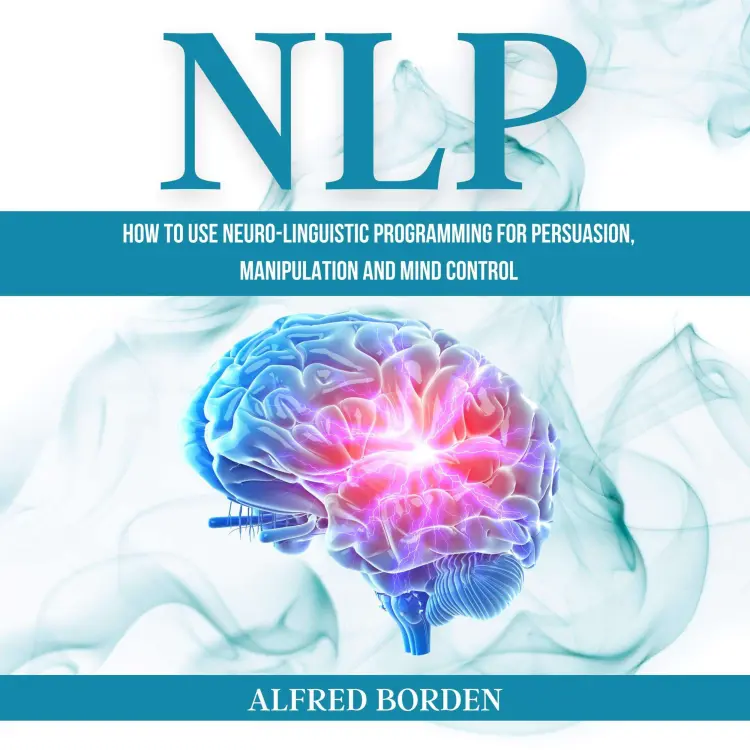
NLP - How to Use Neuro-Linguistic Programming for Persuasion, Manipulation and Mind Control
Alfred Borden
Unabridged
3 uur 30 minuten
Opmerking: Er kunnen kosten verbonden zijn aan het afspelen van de audioboeken of hoorspelen op de respectievelijke platforms, bijv. Spotify. Lismio heeft geen invloed op welke luisterboeken en hoorspelen beschikbaar zijn op de service.
Sommige artikelen bevatten affiliate links (gemarkeerd met een sterretje *). Als je op deze links klikt en producten koopt, ontvangen we een kleine commissie zonder extra kosten voor jou. Uw steun helpt ons deze site draaiende te houden en nuttige inhoud te blijven maken. Hartelijk dank voor uw steun!
Van de uitgever
Neuro-Linguistic Programming (NLP) is a psychological approach that involves analyzing strategies used by successful individuals and applying them to reach a personal goal. It relates thoughts, language, and patterns of behavior learned through experience to specific outcomes.
Proponents of NLP assume all human action is positive. Therefore, if a plan fails or the unexpected happens, the experience is neither good nor bad-it simply presents more useful information
Modeling, action, and effective communication are key elements of neuro-linguistic programming. The belief is that if an individual can understand how another person accomplishes a task, the process may be copied and communicated to others so they too can accomplish the task.
Proponents of neuro-linguistic programming propose that everyone has a personal map of reality. Those who practice NLP analyze their own and other perspectives to create a systematic overview of one situation. By understanding a range of perspectives, the NLP user gains information. Advocates of this school of thought believe the senses are vital for processing available information and that the body and mind influence each other. Neuro-linguistic programming is an experiential approach. Therefore, if a person wants to understand an action, they must perform that same action to learn from the experience.
Proponents of NLP assume all human action is positive. Therefore, if a plan fails or the unexpected happens, the experience is neither good nor bad-it simply presents more useful information
Modeling, action, and effective communication are key elements of neuro-linguistic programming. The belief is that if an individual can understand how another person accomplishes a task, the process may be copied and communicated to others so they too can accomplish the task.
Proponents of neuro-linguistic programming propose that everyone has a personal map of reality. Those who practice NLP analyze their own and other perspectives to create a systematic overview of one situation. By understanding a range of perspectives, the NLP user gains information. Advocates of this school of thought believe the senses are vital for processing available information and that the body and mind influence each other. Neuro-linguistic programming is an experiential approach. Therefore, if a person wants to understand an action, they must perform that same action to learn from the experience.









